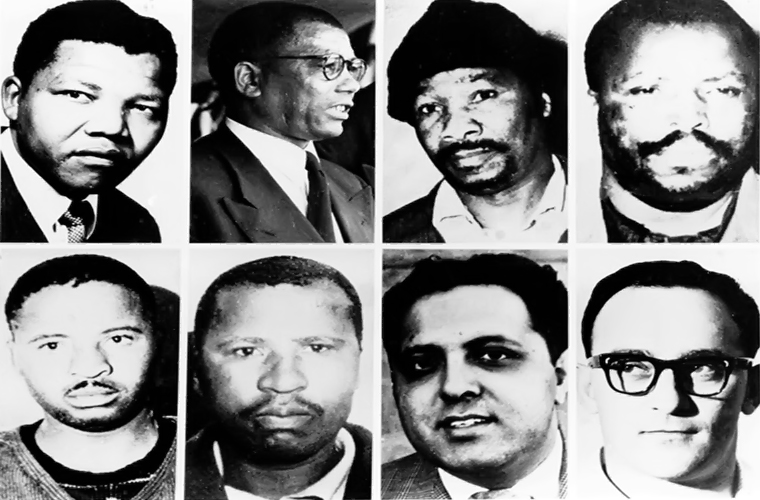The Rivonia Trial holds a significant place in the history of South Africa. This high-profile trial, which took place between 1963 and 1964, marked a turning point in the fight against apartheid and had far-reaching implications for the country’s future. The trial was named after the suburb of Rivonia in Johannesburg, where a secret hideout was discovered by the South African police. This hideout belonged to the African National Congress (ANC), an anti-apartheid political party, and was used by its leaders for planning and organizing resistance against the oppressive apartheid regime.
The defendants in the trial were ten prominent anti-apartheid activists, including Nelson Mandela, Walter Sisulu, and Govan Mbeki. They were charged with sabotage and conspiracy to overthrow the government. If found guilty, they could have faced the death penalty. The Rivonia Trial was a highly publicized event that attracted international attention. It highlighted the brutal realities of apartheid and the lengths to which the South African government would go to suppress dissent. The trial also showcased the resilience and determination of those fighting for freedom and equality.






The trial lasted for several months and became a platform for the accused to articulate their opposition to apartheid. Nelson Mandela’s famous speech from the dock, in which he declared his commitment to democracy and equality, remains one of the most stirring moments in the history of the struggle against apartheid. Despite overwhelming evidence against them, the defendants used the trial as an opportunity to expose the injustices of apartheid and challenge the legitimacy of the government. Their defense team argued that their actions were justified in the face of a repressive regime that denied basic human rights to the majority of South Africans.
In the end, eight of the ten defendants were found guilty and sentenced to life imprisonment. Nelson Mandela, who had already spent more than a decade in prison prior to the trial, became a symbol of resistance and hope for millions of South Africans. The Rivonia Trial had a profound impact on South African society. It galvanized support for the anti-apartheid movement both within the country and internationally. The trial brought worldwide attention to the struggle against apartheid and put pressure on governments around the world to take a stand against the oppressive regime.
The trial also had a lasting impact on the ANC and its leadership. Nelson Mandela’s imprisonment turned him into a global icon and a symbol of resistance against injustice. His release in 1990 after 27 years in prison marked a new era for South Africa and paved the way for negotiations that eventually led to the dismantling of apartheid. The Rivonia Trial remains an important chapter in South Africa’s history. It serves as a reminder of the sacrifices made by those who fought against apartheid and the power of justice and perseverance. The trial stands as a testament to the resilience of the human spirit and the triumph of democracy over oppression.
In conclusion, the Rivonia Trial holds a special place in South African history. It was a pivotal moment in the struggle against apartheid and played a crucial role in shaping the future of the country. The trial showcased the determination and courage of those fighting for freedom and equality, leaving a lasting legacy that continues to inspire generations.

